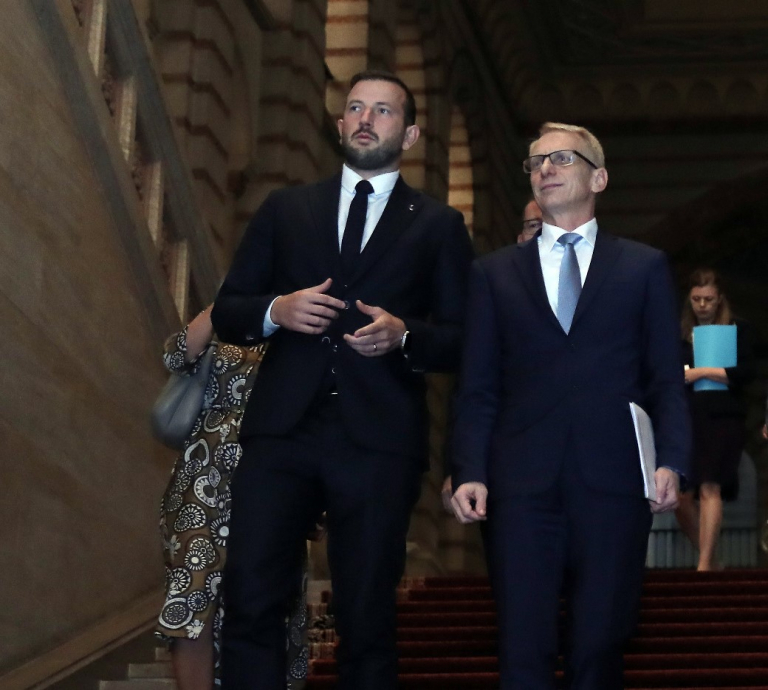
14.09.2023
Bulgaria explores the possibility to approach the European Union Solidarity Fund (EUSF) with a request for financial assistance to redress the damage caused by floods along the Southern Black Sea coast. This was stated by Prime Minister Acad. Nikolai Denkov after his meeting with Virginijus Sinkevičius, European Commissioner for Environment, Oceans and Fisheries. The Prime Minister recalled that the procedures to assess the consequences of the disaster in the community of Tsarevo are now under way. When the calculation of the damage suffered is made, it will be clear whether Bulgaria meets the criteria of eligibility for EUSF support. The minimum applied to regional disasters in 2023 to mobilize EUSF resource is EUR 95.46 million (BGN 186.70 million).
“As to the damage and the recovery of infrastructure in the disaster-stricken areas, the government will resort to national funding pending the Commission’s opinion,” Acad. Nikolai Denkov emphasized.
“Bulgaria is among the 14 EU member states that have not achieved the targets concerning waste treatment in the period under discussion, though major progress has been made. A total of 113 landfills have been closed down and this is a very important step forward,” the European Commissioner noted. He pointed out that Bulgaria is the last EU country where the local garbage collection and disposal rates are still assessed in a different formula based on the price of the immovable property and not on the amount of the waste dumped. Virginijus Sinkevičius recommended that the formula be reconsidered.
The Commissioner appreciated Sofia’s progress in electric public transport, which has a positive impact on the minimization of air pollution. However, in his view further measures should be taken in the energy sector, especially in regions where coal is still used.
Air pollution has gone down in recent years, the Prime Minister noted. This is to be attributed to efforts that are gradually beginning to bring results: for example, the closedown of the thermal power plants or electrical generating stations that are the worst polluters and the abandonment of solid fuel heaters.
“Radical transition, especially around Pernik and Gulubovo, needs radical steps: the plants will have to be closed down or else the productions will have to be technologically innovated so that they do not pollute the environment. Of course, this should be done with consideration for the people who work there and will be affected,” Acad. Nikolai Denkov stressed. As an example, the Prime Minister pointed out the government’s work to draw up the just transition territorial plans in the regions of Stara Zagora, Pernik and Kyustendil. “We will try to minimize all risks and to the maximum extent spend efficiently the funds for the development of the regions towards new technologies that will make them modern and attractive,” the Prime Minister said further.